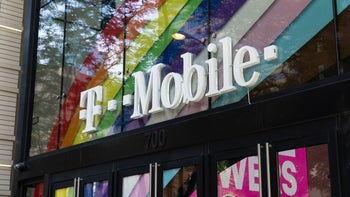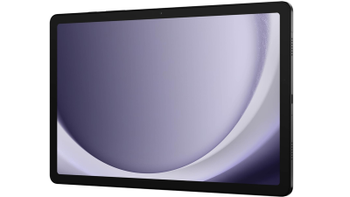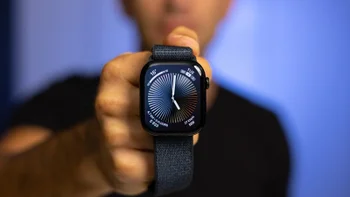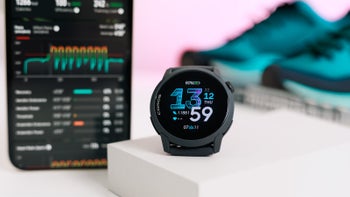Will the rich get richer in next year's FCC auction of low-band spectrum?

A report by the Center for Public Integrity explains how Verizon and AT&T have had their lobbying teams ready in advance of next year's government auction of 600MHz of spectrum. This low-band spectrum is considered extremely valuable because of its ability to travel for longer distances and penetrate buildings better than higher-band spectrum.
AT&T and Verizon have a huge advantage over Sprint and T-Mobile when it comes to lobbying. According to the report, the nation's top two mobile carriers have "put together their own influence campaigns, hiring teams of paid academics and building connections with consumer groups and associations." Sprint and T-Mobile do not enjoy the same political clout that the other two carriers enjoy. And while Sprint does have a sugar daddy in majority owner SoftBank, AT&T and Verizon still have a big advantage in the amount of money they can spend to help grease the wheels.
The issue is that AT&T and Verizon have the clout to influence how the FCC devises the rules for the upcoming auction. The pair are trying to convince the FCC that by not putting caps on the amount of spectrum that one carrier can win at this auction, the government will maximize its revenue from selling the airwaves. T-Mobile, on the other hand, has American University economist Jonathan Baker on the payroll, trying to convince the FCC that capping the amount of spectrum that can be won at the auction by one carrier, can actually increase the government's revenue. Each of the four major U.S. carriers have visited the FCC over the last few months in an effort to get the Agency's ear. T-Mobile has visited the FCC three times as often as AT&T and Verizon has in an effort to get a cap written into the auction rules.
The 600MHz spectrum up for bids next year is called "beachfront property" because of the capabilities of the low-band signal. As of August 2012, AT&T and Verizon controlled 74% of the low-band spectrum with Sprint controlling 12%. At the time, T-Mobile had just .2%. Verizon and AT&T try to smooth over this by saying that high-band spectrum carries more data. But yet, when it comes time to value these airwaves, corporate accountants put a higher value on the low-band spectrum.
What is interesting is that Sprint owns more spectrum than any other major carrier, but most of that is above 1000MHz. Because of that, Sprint's airwaves are valued at $41.8 billion, far less than the $75.4 billion and $56.4 billion that Verizon and AT&T have valued their spectrum at, respectively.
The auction for the low-band spectrum up for grabs next yer is obviously an important one, and it will be interesting to see if the rules end up designed to favor the haves or the have-nots.
source: CenterforPublicIntegrity via BGR
What is interesting is that Sprint owns more spectrum than any other major carrier, but most of that is above 1000MHz. Because of that, Sprint's airwaves are valued at $41.8 billion, far less than the $75.4 billion and $56.4 billion that Verizon and AT&T have valued their spectrum at, respectively.
source: CenterforPublicIntegrity via BGR
Follow us on Google News













Things that are NOT allowed:
To help keep our community safe and free from spam, we apply temporary limits to newly created accounts: